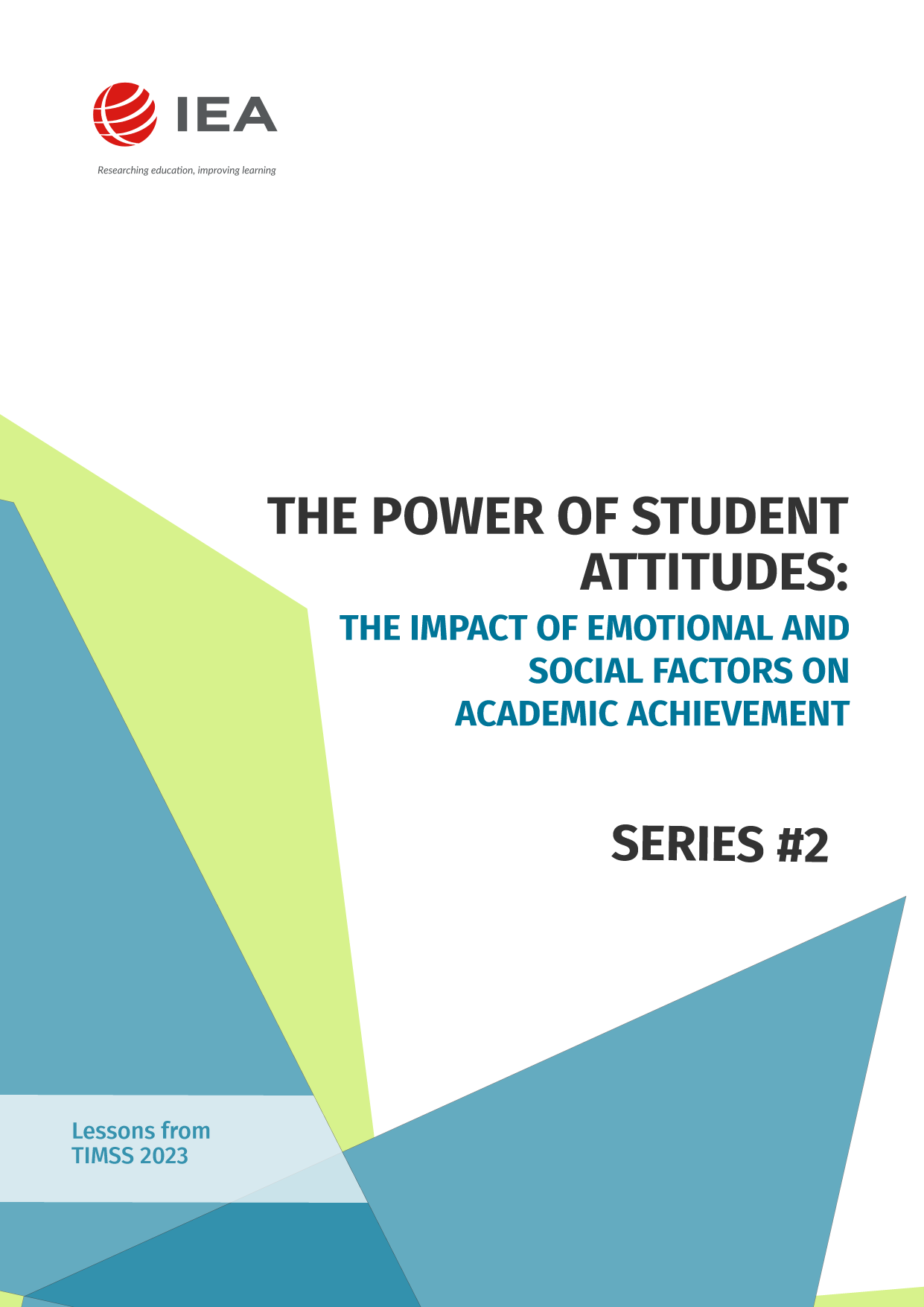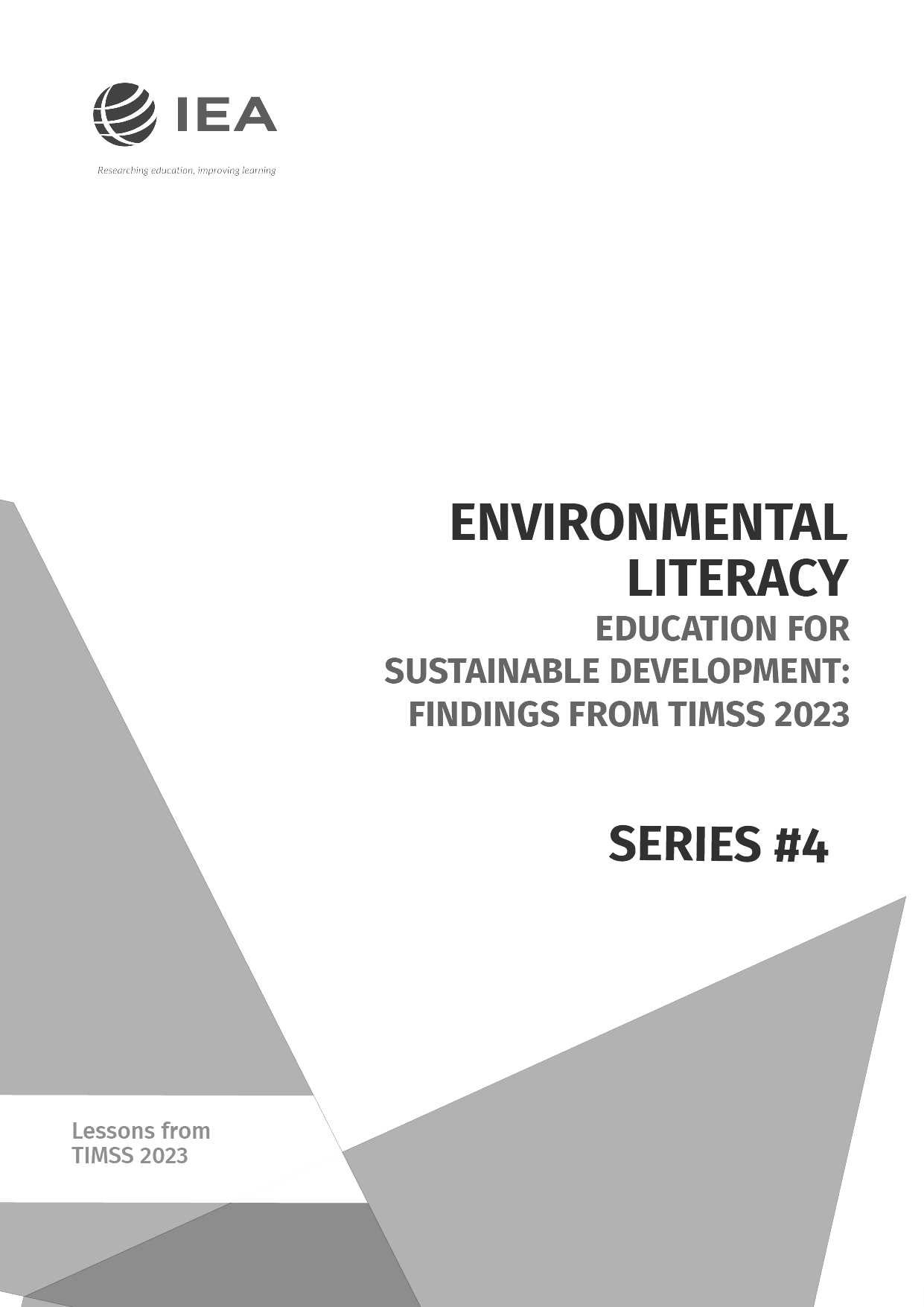


TIMSS – Trends in International Mathematics and Science Study
TIMSS is a large-scale international assessment that has been conducted every four years since 1995 to measure the academic achievements of 4th and 8th-grade students in mathematics and science. The study provides a comparative analysis of teaching quality across different countries, helping education policymakers, researchers, and practitioners assess and improve educational systems.
-
For education policymakers, TIMSS provides evidence-based data on national education policies, curriculum effectiveness, and international competitiveness. It helps governmental institutions identify the strengths and weaknesses of STEM education and implement targeted reforms.
-
For schools, TIMSS offers valuable insights into how school resources, teaching strategies, and students’ socioeconomic backgrounds affect academic performance. This information enables schools to improve the quality of education and allocate resources more effectively.
-
For teachers, TIMSS analyzes teaching methods, professional development needs, and classroom practices. Its findings offer teachers access to international best practices, supporting the improvement of instructional approaches and the development of more effective pedagogical strategies.
-
For students, TIMSS results are important not only because they assess students' knowledge and problem-solving skills but also because they examine their motivation, engagement, and attitudes toward STEM subjects. These insights contribute to enhancing the learning process and improving students' self-efficacy.
It is essential to note that TIMSS goes beyond measuring academic achievement — it also collects contextual data on curricula, school environments, and instructional practices, making it a key tool for educational research and systemic improvement.
TIMSS in Georgia
TIMSS was first conducted in Georgia in 2007, and the country has since participated in the 2011, 2015, and 2019 cycles. The study, organized by the International Association for the Evaluation of Educational Achievement (IEA), is implemented in Georgia by the National Center for Educational Research (NCER).
In 2024, a longitudinal study of the TIMSS 2023 cycle was conducted. The results of this study will allow the educational system to evaluate student achievement progress and investigate the environmental factors that contribute to improving performance in mathematics and science subjects.
The test was administered in May and June 2024. Students from selected classes completed the test and a student questionnaire, while parents, teachers, and school principals of the participating students filled out relevant questionnaires. The survey was conducted electronically.
The International Association for the Evaluation of Educational Achievement will perform data analysis, and the research results will be announced in 2025.
Reports
Trends in International Mathematics and Science Study – TIMSS – provides invaluable insights into the state and developmental dynamics of the education system. It therefore represents a unique opportunity not only for shaping education policy, but also for strengthening schools themselves.
To this end, it is essential that schools become active users of the evidence generated through international assessments, evidence that is directly aimed at improving teaching and learning processes. In pursuit of this objective, reports from international assessments, including TIMSS, are presented in a new format.
Experience has shown that the traditional reporting model—consolidating research findings into a single, lengthy, and complex document—tends to limit the effective use of results.
The TIMSS report presented here marks the first step in introducing a new format for disseminating the results of international assessments. It reflects an effort to employ international data as a guide for evidence-based change, not only at the level of policy but also at the level of the school.
The national report has been titled “Lessons from TIMSS 2023.” Each series within this report will address a specific theme and will be published under an appropriate thematic heading.









